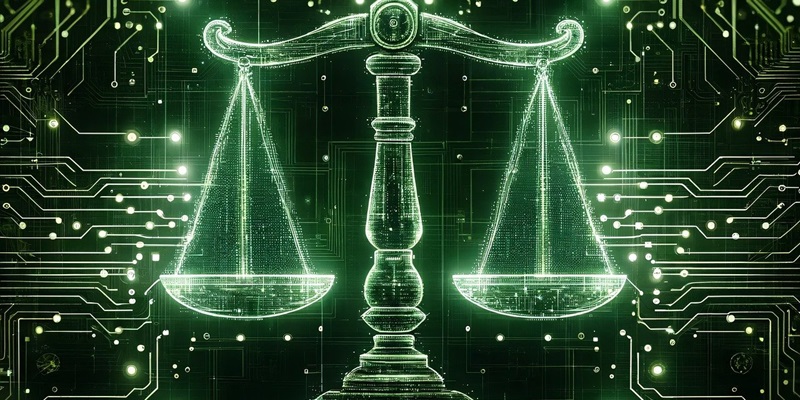The surging costs of legal services in the United States have created a chasm between the judiciary and the people it serves. Middle- and low-income individuals, often grappling with civil injustices, find themselves adrift in legal systems that are prohibitively expensive. This has led to a gaping ‘justice gap’ where substantial segments of the populace are disenfranchised simply due to the high cost of representation. Amid this crisis, artificial intelligence (AI) emerges as a beacon of hope, promising to reform the landscape of legal aid.
By integrating AI into legal practices, a tectonic shift can potentially occur where costly services evolve into affordable, accessible solutions. The mechanization of routine legal tasks would not only expedite procedures but also slash expenses, bringing professional counsel within reach for the masses. The legal community stands at the precipice of transformation, with AI holding the key to equalizing access to justice.
The AI Revolution in Legal Services
Ray Brescia, a leading legal academic, suggests that an AI revolution is on the horizon for the legal industry. This transformation could make legal expertise widely available, breaking down the barriers to legal assistance. AI has the potential to make legal knowledge accessible to all, translating intricate legal terms into simpler language for the layperson. Platforms empowered by AI could offer essential legal guidance without the need for specialized knowledge.
However, the path to integration isn’t without obstacles. Legal professionals might oppose the change, fearing that AI could render their roles redundant. Despite this, the promise of a more accessible, unbiased justice system compels the legal field to embrace AI. This technology is poised to fundamentally reshape the judicial landscape, promoting fairness and accessibility. AI doesn’t signal the end of lawyers; instead, it marks the beginning of a new era of legal practice.

